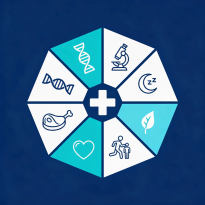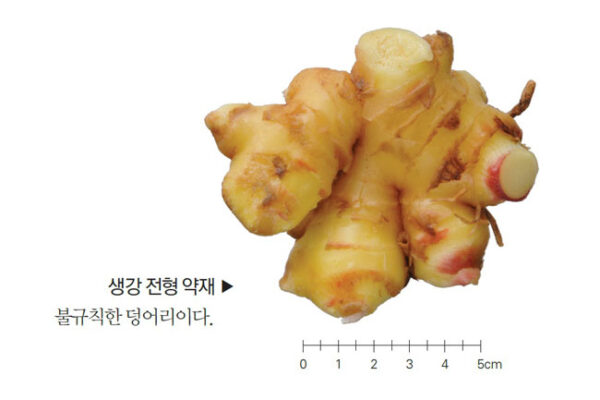The Process of Cancer Development: Initiation and Promotion
Cancer arises when mutations accumulate, leading to uncontrolled cell growth. These cells form tissues that invade other areas and spread throughout the body, which is the essence of cancer. The process of cancer formation can be divided into two key stages: initiation and promotion.
What is Cancer?
Cancer is a disease characterized by the growth of abnormal cells. These cells no longer respond to the body’s regulatory signals and continue multiplying. They can invade nearby tissues (invasiveness) and spread to other parts of the body (metastasis).
Initiation: The Start of Cancer
Initiation occurs when a cell is exposed to a carcinogen (a cancer-causing agent), leading to mutations in the cell’s DNA. This stage happens when the cell is exposed to a sufficient amount of carcinogen, causing genetic damage.
At this stage, the initiated cell holds the potential to develop into a tumor, but initiation alone is not enough to cause cancer. Initiation permanently damages the DNA of the cell, which happens quickly and irreversibly. This DNA mutation remains in the cell’s memory, and the damage is long-lasting.
Even if months pass after exposure to the carcinogen, a single application of a promoter can still trigger the development of a tumor from the initiated cells.
Promotion: Encouraging Tumor Growth
While a promoter cannot cause mutations on its own, it plays a crucial role in stimulating the initiated cells to form a tumor. A promoter helps the cancerous cells grow but does not directly cause mutations.
Although scientists can distinguish between carcinogens and promoters in controlled experiments, in the real world, the distinction between the two is not always clear.
Common Carcinogens and Promoters
There are some well-known and potent chemical carcinogens, though they are not typically encountered in daily life. However, the range of carcinogens is broader than expected. It is almost impossible to avoid all cancer-causing agents, as nearly every food has some level of carcinogenic potential—though the degree varies.
Factors to Watch Out For
One surprising element on the list of potential cancer-causing agents is night shift work and sleep disorders, which are classified as Group 2A carcinogens. This is because sleep is believed to play a key role in the body’s ability to repair DNA damage.
Conclusion
Both carcinogens and promoters are necessary to trigger cancer development.
However, it is not practical to remember each carcinogen and promoter in your daily life.
Instead, focus on overall health and balance, as everything has some degree of cancer risk.
Most importantly, getting enough sleep is critical for cancer prevention.
For the original Korean text, visit here.
If you’re curious about the basics of traditional Korean medicine and health, read the following article:
What Your Sleeping Position Says About Your Health
Learn Why Studying JangSang Medicine is Important.
Frequently Asked but Silly Questions (Foods Good for the Liver??)
Thank you for reading.



